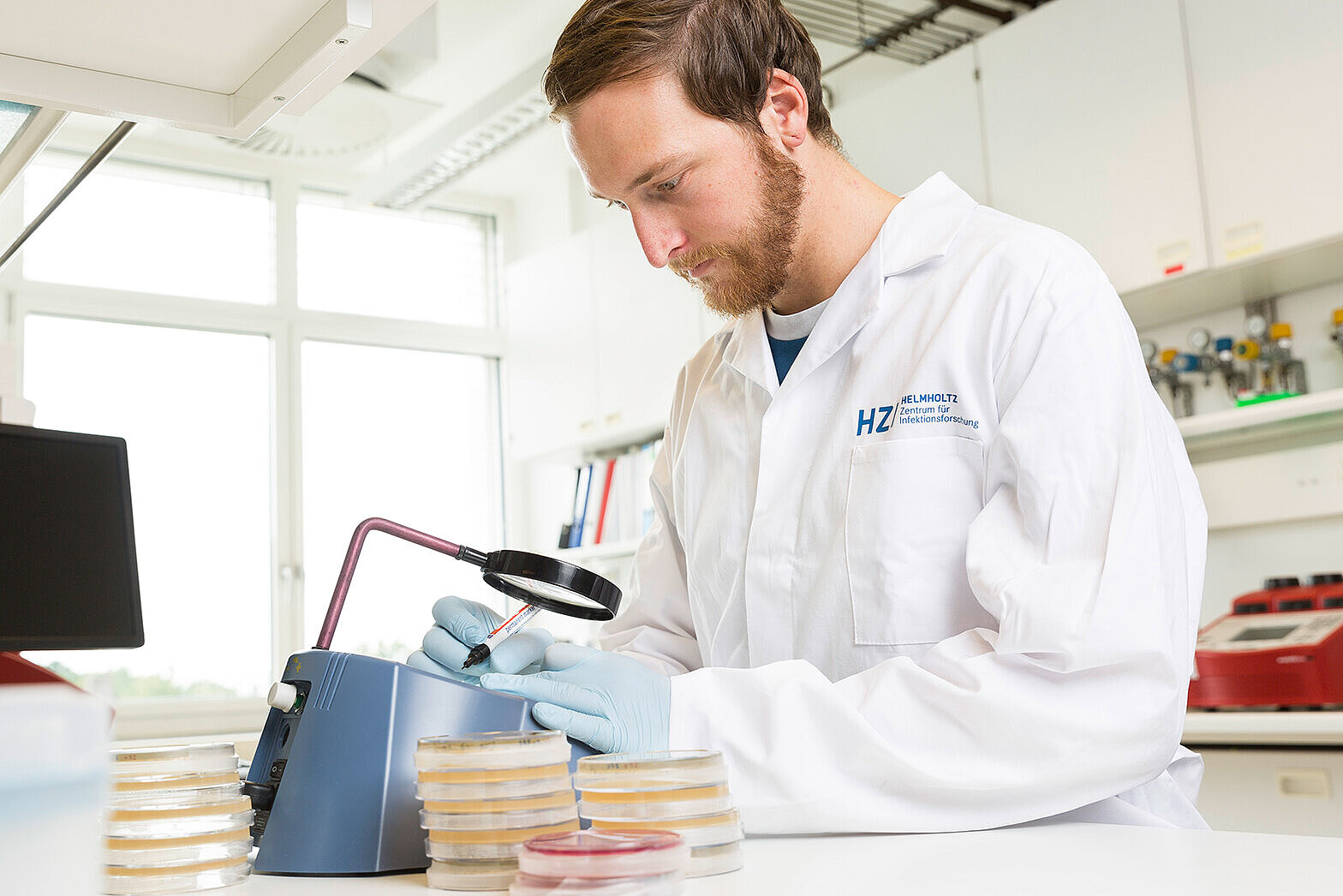
Doctoral Researcher (f/m/d) - “Dynamic simulation of immunological systems”
- Research group
- Systems Immunology
- Hiring date
- As soon as possible
- Time limit
- Initial contract for 3 years
- Trial period
- 6 months
- Payment
- alike E13 TVöD Bund (75%)
- Application deadline
- 08/08/2024
The advertised position is part of the NFDI4Immuno (https://www.nfdi4immuno.de/) consortium, involving experts from various areas including immunology, molecular and cellular biology, oncology, hematology, genetics, bioinformatics, machine learning, as well as data and software engineering. The NFDI4Immuno consortium aims to build the capability to combine data and metadata generated from immunological experiments, e.g. cytometry, immunoassays, sequencing, and imaging, providing its members with a federated infrastructure for all immunological data types. In addition, the consortium intends to develop tools and services to support its members with the adoption and utilization of interconnected and integrated data stored in its repositories.
Our group focuses on the development of germinal centers (GCs) simulation tools. GCs are microanatomical structures within lymphoid organs with an important role in the development of antibodies and memory cells for the long-lasting immunity against pathogens. Using the HYPHASMA simulation tool, developed based on a discrete agent-based modeling approach, we can simulate and study the dynamics of GCs at subcellular level and the process of affinity maturation. The agent-based modelling approach allows for the integration with various data types, e.g. various levels of sparsity, scale and dimension, as well as mechanistic information. Based on immune data, e.g. AIRR-seq, transcriptomic sequences and cytometry data, we can study the dynamic of the immune response.
As part of the NFDI4Immuno consortium, we will focus on the delivery of agent-based models to the consortium as well as an user-friendly interface to our simulation tools. A central part of this endeavor would be to integrate the datasets and repositories of the consortium with our simulation tools.
Tasks
As a graduate in software engineering, mathematical modeling or biology, you will learn and contribute to the development of mathematical models and bioinformatic tools to derive insights on immunological systems and support the integration of various immunological data type into a simulation tool.
Prerequisites
- Master´s Degree/Diploma (or equivalent) in computer science, bioinformatics, physics, mathematics, data science or engineering
- Fluency in English (written and spoken)
- Ability to work independently and as part of an international team
- Highly motivated to develop scientific skills
- A hands-on experience with C++, C, Python or any object-oriented programming languages is required
- As our simulation tool is written in C++, experience with C++ will be preferred
- Knowledge with general immunology, bioinformatic approaches, data driven model parameterization and a good understanding of agent-based modeling strategies is considered an advantage
Working hours
39 hours per week
We offer:
- Modern laboratories, including S3 unit
- State-of-the-art analytical instrumentation
- Ample biological profiling platforms (in vitro and in vivo)
- A lively scientific community
- 30 days vacation, (24.12. & 31.12. are considered as completely free days)
- An annual additional payment (Weihnachtsgeld) analogue to § 20 TVöD
- Social security included
- Flexible working hours and workplace design
- DO IT- PhD initiative https://www.helmholtz-hzi.de/de/karriere/do-it-doktorandeninitiative
- A corporate culture of appreciation and promotion of equal opportunities
- Welcome Office
- Buddy System for new doctoral researchers
- Family Office, Child Holiday Care
The successful candidate will be integrated in the HZI International Graduate School for Infection Research (GS-FIRE) which provides an innovative structured PhD programme within the field of Infection Research https://www.helmholtz-hzi.de/de/karriere/graduiertenschule/curriculum/.
how to apply:
Applicants are required to complete the online application form here: https://hzi.opencampus.net/ (Please select Job No. 110/2024).




